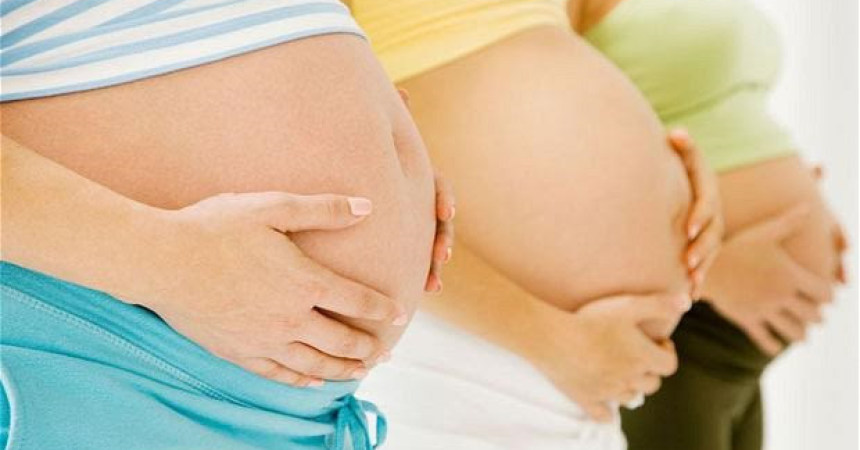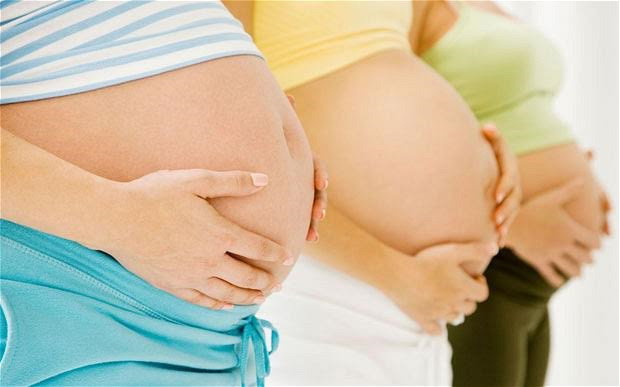
Local Group Provides Help for Prenatal Depression
By Diamond Hunt-Coleman
Outlook Writer
A woman finds out she is pregnant. She is expected to be the happiest person in the world.
But then comes the mood swings. Worse, she may not be able to get out of them sometimes.
She might be a part of the 10-30 percent of women who experience prenatal depression during their pregnancy.
Depression during pregnancy and any other mental illness that occurs during pregnancy is often referred to as prenatal depression.
“It is a full body illness…because it effects the whole body it actually alters the placenta which is the main way that baby and mom communicate,” said Dr. Heather Flynn. Flynn is a clinical psychologist and associate professor at Florida State University.
Prenatal depression is not to be confused with postpartum depression. The former is before birth and the latter is after birth. New mothers tend to be lost if they are suffering from PPD. That is why there are postpartum doulas that tend to provide care to the mother as well as the baby, after childbirth.
Flynn stated “If you`re depressed during pregnancy you`re significantly more likely to have postpartum depression. It`s the strongest risk factor for postpartum depression.”
Some of the likely symptoms of prenatal depression are a great deal of anxiety, sadness, fear, and in some extreme cases thoughts of harming themselves or their baby. Unfortunately most moms chalk it up to the mood swings that are anticipated during pregnancy and don’t ask for help.
In some cases, it is a serious mental health illness.
Mental health illnesses encountered during pregnancy often go untreated due to societal stigmas such as being perceived as being weak, mentally unfit or an unfit mother. This causes many mothers to feel as if they are alone in their pregnancy and to “suffer in silence” as CAHSC would refer to it. But that does not have to be the case.
“Sometimes moms don’t even know. There`s so much going on. Most women don’t feel like themselves, they chalk it up to having mood swings” said Sandy Glazer, Quality Assurance Quality Improvement Director at Capital Area Healthy Start Coalition (CAHSC). “Its not usually the mom that recognizes it. It is usually one of the friends or family that does.”
Leaving a mental illness such as depression encountered during a pregnancy untreated can prove to be even more destructive for mom and baby after giving birth than it is before.
Ultimately, expected mothers do not have to be ashamed of what they are feeling and should not let societal stigmas stop them from accessing the help that they need.
“Untreated mental health can impact communities; untreated maternal mental health can impact generations,” says CAHSC Executive Director, Kristy Goldwire. “It’s time to remove the shroud of secrecy and give women the support they need to care for themselves mentally before, during, and after pregnancy.”








